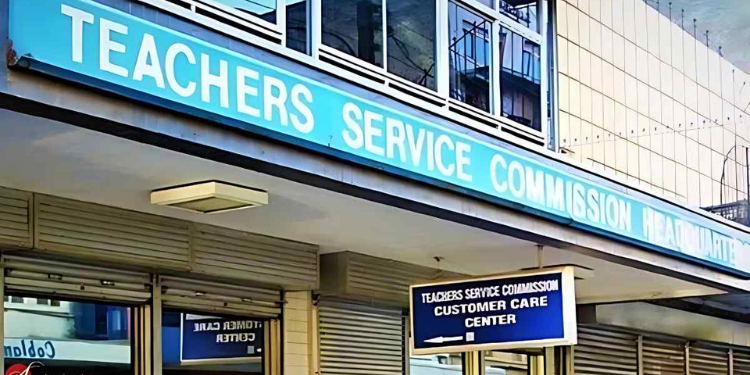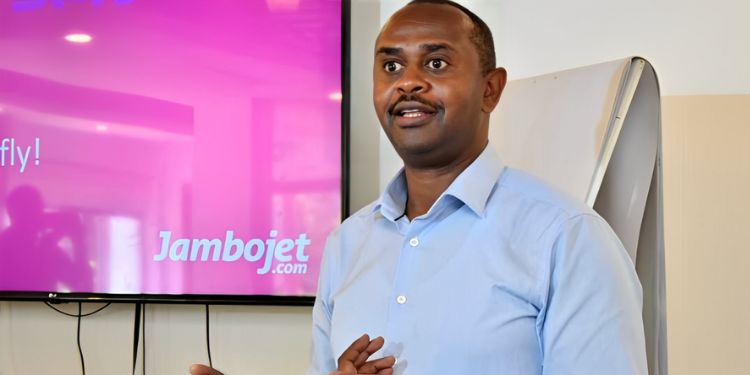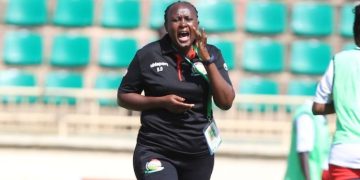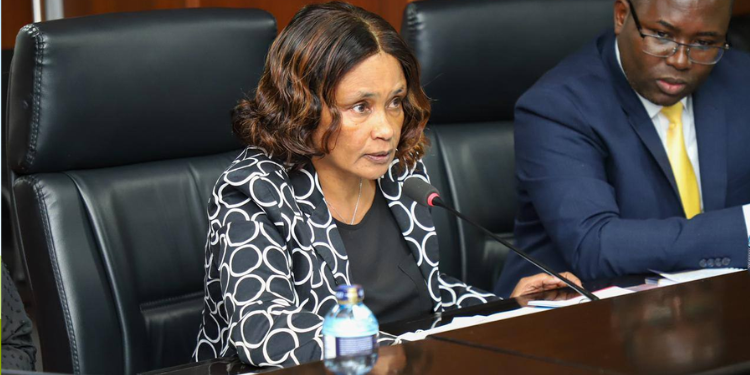As the Teachers Service Commission (TSC) prepares to conduct promotional interviews for the 2025/2026 financial year, principals are expected to play a key role in assessing teachers’ readiness for advancement.
These interviews, which form part of TSC’s structured promotion process, rely on principals to provide detailed feedback on various aspects of a teacher’s performance, conduct, and potential.
The promotional exercise follows the advertisement of 21,313 posts earlier this year and the subsequent shortlisting of eligible candidates.
Principals’ evaluations are therefore crucial in guiding the Commission to make merit-based decisions, ensuring that only teachers who meet the required standards are considered for higher responsibilities.
TSC Interview Guide
Below are the seven key questions TSC asks principals during teacher promotion interviews.
Question 1. Knowledge of the job and performance (whether the teacher has knowledge of the subject matter and teaching methodology or lacks basic knowledge of the subject)
TSC assesses whether the teacher demonstrates strong subject-matter knowledge and mastery of effective teaching methodologies.
On this question, the principal answers whether the teacher has demonstrated excellent knowledge of the subject matter and consistently applies effective teaching methodologies in class.
It will include details of whether the lessons of the teacher are well-prepared, engaging, and adapted to meet the diverse needs of students.
The principal answers whether the teacher actively participates in departmental activities and applies innovative approaches that enhance learning outcomes.
Overall, the teacher meets and often exceeds expectations, applying their knowledge and skills effectively to promote student understanding and success.
Performance of Teachers Ranking
Outstanding (5):
The teacher must have demonstrated excellent knowledge of the subject matter and consistently apply effective teaching methodologies. Lessons are well-prepared, engaging, and adapted to meet the diverse needs of students. Performance often exceeds expectations.
Very Good (4):
The teacher has a strong grasp of the subject and teaching methods. Lessons are clear and mostly well-structured, meeting expectations while occasionally showing innovation.
Good (3):
The teacher meets most expectations in subject knowledge and teaching methods. Lessons are generally clear, but some areas may need improvement to fully engage all students.
Fair (2):
The teacher shows limited knowledge of the subject or teaching methods. Lessons sometimes fail to meet objectives, and improvement is needed in planning and delivery.
Poor (1):
The teacher lacks adequate subject knowledge and effective teaching methods. Lessons often fail to meet their objectives, and significant improvement is needed.
Also Read: TSC Announces Promotion Interview Dates for Teachers
Question 2: Ability to coach students and participate in co-curricular activities
The principal is expected to give details on whether the teacher can participate in the co-curricular activities.
According to TSC policy on coaching, the principal oversees the implementation of induction, mentorship, and coaching programs provided by TSC-recruited teachers in public institutions.
Teachers already in service, those appointed to administrative positions, and those facing challenges in professional conduct or performance are also included in the program.
The teachers’ union developed the programme as part of a broader strategy to enhance teachers’ professional ethics and practices.
The programme focuses on capacity building in knowledge, skills, and competencies, aiming to improve teacher conduct and performance, as well as prevent disciplinary issues.
Question 3: Acceptance of responsibility (whether the teacher seeks and readily accepts responsibility at all times or is Reluctant to carry full responsibility of the post, passes it on wherever possible, etc.)
The principal will state whether the teacher effectively fulfills their roles and responsibilities while in school.
This includes:
- Lesson Preparation: Prepares a weekly lesson note and submits it to the HOD for vetting before teaching.
- Teaching: Covers the number of periods allocated on the timetable.
- Record Keeping: Maintains teaching records including lesson notes, subject attendance registers, subject mark books, continuous assessment booklets, schemes of work, teacher and class timetables.
- Classroom Management: Ensures classroom cleanliness, promotes students’ well-being, and provides guidance and support.
- Discipline: Maintains discipline in and outside the classroom; refers serious cases to appropriate authorities.
- Assessment: Checks and provides feedback on student work, sets and marks assignments, tests, and examination scripts promptly.
- Examination Duties: Participates in the invigilation of internal and external examinations.
- Meetings: Attends staff, PTA, and other meetings punctually and actively participates in discussions.
- Extra-curricular Activities: Takes charge, alone or with other teachers, of at least one school club or society.
- Additional Duties: Performs other assignments given by the HOD or other school authorities.
Also Read: TSC Announces New Promotion Guidelines for All Teachers – What It Entails
Question 4: Initiative (whether the teacher readily perceives what needs to be done and gets on with it in a practical manner or needs constant supervision).
Here, the head of the school will provide feedback indicating that a teacher’s suggestions and implementation of innovative methods contribute to school development activities and acknowledge their responsibility for professional growth.
This proactive approach has a positive impact on student engagement and overall school improvement.
Question 5: General conduct and personal characteristics, i.e., self-starter, friendly, co-operative, tactful, understanding of general office rules, sensitive to feelings of others, etc.
If the head of the institution says yes, he shall answer: The teacher is a self-starter who approaches tasks with initiative and diligence. They maintain a friendly and cooperative attitude with colleagues and students, exercise tact in sensitive situations, and demonstrate a solid understanding of school and office rules. The teacher is also considerate of the feelings of others, contributing to a positive and respectful work environment.
Question 6: Suitability for advancement (Does the teacher, in your opinion, have the potential for further advancement? Yes or No.)
If yes, the answer from the principal shall be: Yes. The teacher has demonstrated potential for further advancement. They consistently show commitment to professional growth, take on responsibilities beyond their core duties, and apply innovative approaches in teaching. Their leadership skills, reliability, and ability to mentor other staff make them suitable for higher responsibilities.
Question 7: Overall assessment for suitability for promotion to a higher post, e.g, outstanding worker, thoroughly reliable in performance, or performance constantly below the standards required.
The principal response shall include:
The teacher is an outstanding worker who is thoroughly reliable in performance. They consistently meet and often exceed expectations in teaching, administration, and professional conduct. Their competence, dedication, and positive influence on both colleagues and students make them highly suitable for promotion to a higher post.
Follow our WhatsApp Channel and X Account for real-time news updates.














































































